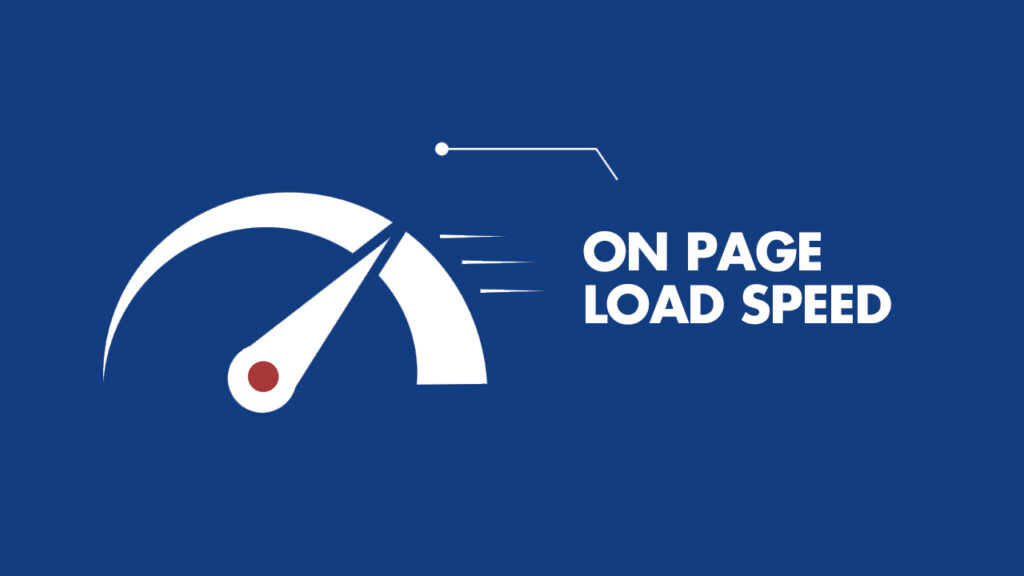In today’s fast-paced world, staying on top of daily responsibilities can be a challenge. Whether you’re managing work deadlines, personal errands, or health goals, a daily task reminder is an essential tool to keep your life organized and productive.

This guide will walk you through the importance of daily task reminders, the best tools available, and tips for creating a system that works for you. Let’s dive into the world of reminders and unlock your full productivity potential!
Why You Need a Daily Task Reminder
Life can be overwhelming, and it’s easy to forget important tasks. A well-structured daily task reminder helps you:
- Stay Organized: Keep all your tasks in one place for easy reference.
- Increase Productivity: Focus on what truly matters by prioritizing your day.
- Reduce Stress: Avoid the anxiety of forgetting deadlines or commitments.
- Build Better Habits: Consistently work toward goals with timely reminders.
Whether you’re a student, a professional, or a homemaker, task reminders can transform how you manage your time.
Key Features of an Effective Daily Task Reminder
1. Easy to Use
Choose a system that fits your lifestyle, whether it’s a digital app or a physical planner.
2. Customizable
Set reminders for specific times, recurring tasks, or even location-based alerts.
3. Prioritization Options
Organize tasks by importance or urgency to ensure critical items are completed first.
4. Notifications
Enable alerts to stay on track throughout the day.
5. Integration
Sync with calendars, email, or team tools for seamless scheduling.
Top Tools for Daily Task Reminders
Here are some of the best tools to help you set up and maintain a task reminder system:
1. Mobile Apps
- Todoist: Manage daily tasks with priority levels and recurring reminders.
- Google Keep: Simple, intuitive, and syncs across devices.
- Microsoft To-Do: Offers integration with Outlook and other Microsoft apps.
2. Digital Assistants
- Alexa and Google Assistant: Set voice-activated reminders for hands-free convenience.
3. Physical Planners
- Classic paper planners are perfect for people who prefer to jot down tasks manually.
4. Smartwatches
- Receive task notifications directly on your wrist for constant updates.
5. Browser Extensions
- Tools like Momentum or Any.do keep your tasks visible whenever you open a new tab.
How to Create Your Daily Task Reminder System
Setting up an effective system is easier than you think. Follow these steps:
Step 1: List Your Daily Tasks
Write down everything you need to accomplish in a day, from work obligations to personal goals.
Step 2: Prioritize Tasks
Arrange tasks in order of importance or urgency using techniques like the Eisenhower Matrix.
Step 3: Choose Your Tools
Decide whether you prefer digital apps, physical tools, or a combination of both.
Step 4: Set Reminder Times
Assign specific times or intervals for each task. Ensure the schedule is realistic and allows for breaks.
Step 5: Review and Adjust
Evaluate your system regularly to identify what works and tweak it as needed.
Daily Task Reminder Strategies for Success
1. Break Tasks into Smaller Steps
Large tasks can feel overwhelming. Divide them into manageable chunks and set reminders for each step.
2. Use Time Blocking
Dedicate specific hours to tasks and stick to the schedule.
3. Group Similar Tasks Together
Batch processing similar tasks (e.g., emails or errands) saves time and mental energy.
4. Add Buffer Time
Include extra time between tasks for unexpected delays or transitions.
5. Reward Yourself
Celebrate completed tasks with small rewards to stay motivated.
How a Daily Task Reminder Boosts Productivity
Reminders serve as external motivators, keeping you accountable and proactive. By receiving timely prompts, you can:
- Avoid procrastination.
- Improve focus on high-priority tasks.
- Build a consistent routine for daily success.
Imagine starting each day with a clear plan and finishing it with the satisfaction of checking off every task!
Common Pitfalls to Avoid
1. Overloading Your Schedule
Avoid cramming too many tasks into one day; it can lead to burnout.
2. Ignoring Completed Tasks
Reflect on your progress to stay motivated for the next day.
3. Failing to Update Your List
Keep your task list current by adding and removing items as needed.
4. Relying Solely on Technology
Combine digital tools with manual techniques to create a fail-safe system.
Real-Life Examples of Daily Task Reminder Success
Example 1: A Freelancer’s Routine
Freelancers often juggle multiple deadlines. Using apps like Asana or ClickUp, they can break projects into smaller tasks and receive reminders to stay on track.
Example 2: A Busy Parent’s Day
Parents can use tools like Google Calendar to coordinate school pickups, appointments, and meal prep with timely alerts.
Example 3: A Student’s Study Plan
Students benefit from apps like Notion to schedule study sessions, homework deadlines, and social activities.
Tips for Staying Consistent with Daily Reminders
- Start small by setting reminders for 2–3 tasks per day.
- Align reminders with your peak productivity hours.
- Keep your reminder system simple to avoid feeling overwhelmed.
Conclusion
A daily task reminder is more than a productivity tool—it’s a game-changer for anyone looking to manage time effectively and achieve their goals. By choosing the right tools, setting realistic reminders, and staying consistent, you can transform your day into a well-organized masterpiece.
Start building your daily task reminder system today, and enjoy the peace of mind that comes with knowing you’re always on top of your tasks!



